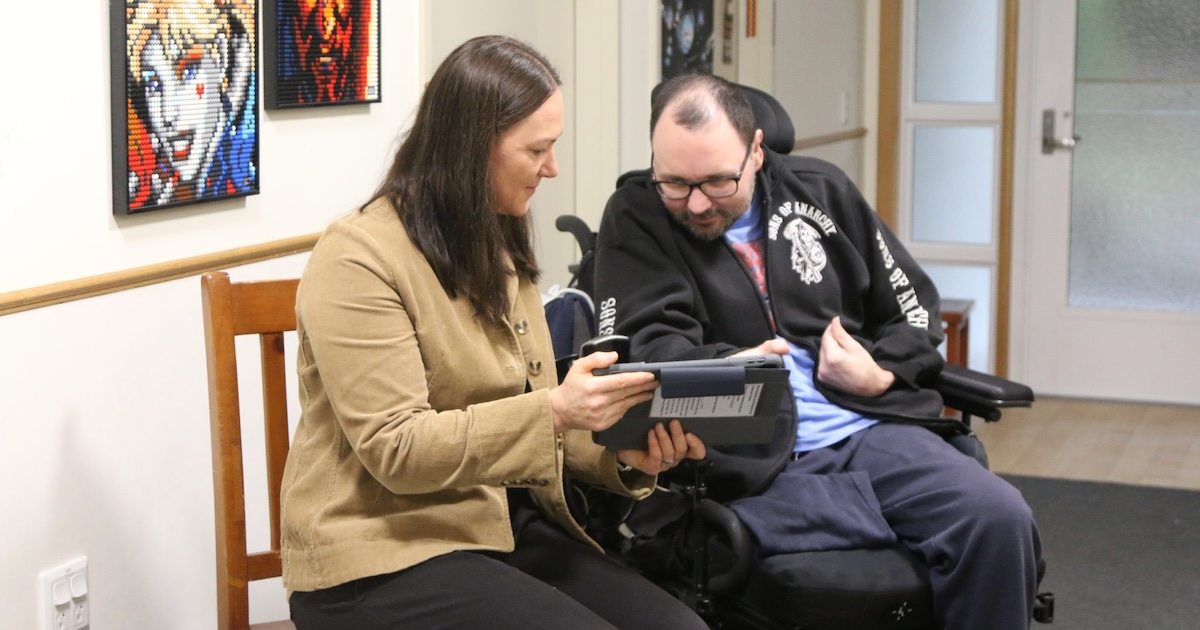A portable point of care device developed by New Zealand-based specialist Aranz Medical is being deployed across Western Australia to help improve care for people living with diabetes.
The portable Silhouette point of care devices give remote healthcare providers the capability to image, measure and record wounds and skin healing data during assessments.
The portable point of care device, the SilhouetteStar scanner, is complemented by the SilhouetteLite+ and SilhouetteLite applications for Apple mobile devices like iPads or iPhones.
The SilhouetteLite sensor measures wound circumference and captures images using the camera on smartphones or tablets, while the SilhouetteLite + App tracks the progress of the wound healing over time.
The devices or software can assess treatments for skin conditions including acne, burns, critical limb ischemia, epidermolysis bullosa, acute bacterial skin and skin structure infections.
Telehealth connectivity, provided with help from the organization Diabetes WA, provides adults living with diabetes in remote communities with information, advice and support through video conferencing technology.
Telehealth communications also help specialist care and advice to be quickly obtained quickly through the Web, regardless of location, and a secure cloud-based system provides immediate visibility into patient assessment status on dashboards.
In an effort to provide data and resources for collaborative health research, the SilhouetteCentral database, hosted at Sir Charles Gairdner Hospital in Perth, is now connected to providers such as the Sir Charles Gairdner Hospital, Osborne Park Hospital, Royal Perth Hospital, Kimberley Aboriginal Medical Services, and Boab Health Services in Broome.
The company noted the devices would be of particular help to the state's the Aboriginal population, where access to medical services is limited.
The Aboriginal and Torres Strait Islander community has an increased risk of developing chronic illnesses including diabetes – among people with diabetes, foot complications are common and make a significant contribution to the morbidity and mortality associated with this disease.
According to a 2017 report published in the Journal of Foot and Ankle research, Aboriginal and Torre Strait Islander Australians with diabetes are 38 times more likely to undergo a major leg amputation compared to non-Indigenous Australians with diabetes.
"With Silhouette we are aiming to reduce the serious implications of diabetes, such as amputations, and really improve the quality of life for people with diabetes across Western Australia," Dr. Olufemi Oshin, Consultant Vascular Surgeon, Clinical Director, Clinical Operations Royal Perth Bentley Hospital Group, said in a statement.
Oshin noted the foot and leg ulcers that can develop with diabetes are hard to treat without regular assessments and tracking the patient's care, and Silhouette enables medical professionals to more accurately track wound-healing progress and deliver community-based care.
